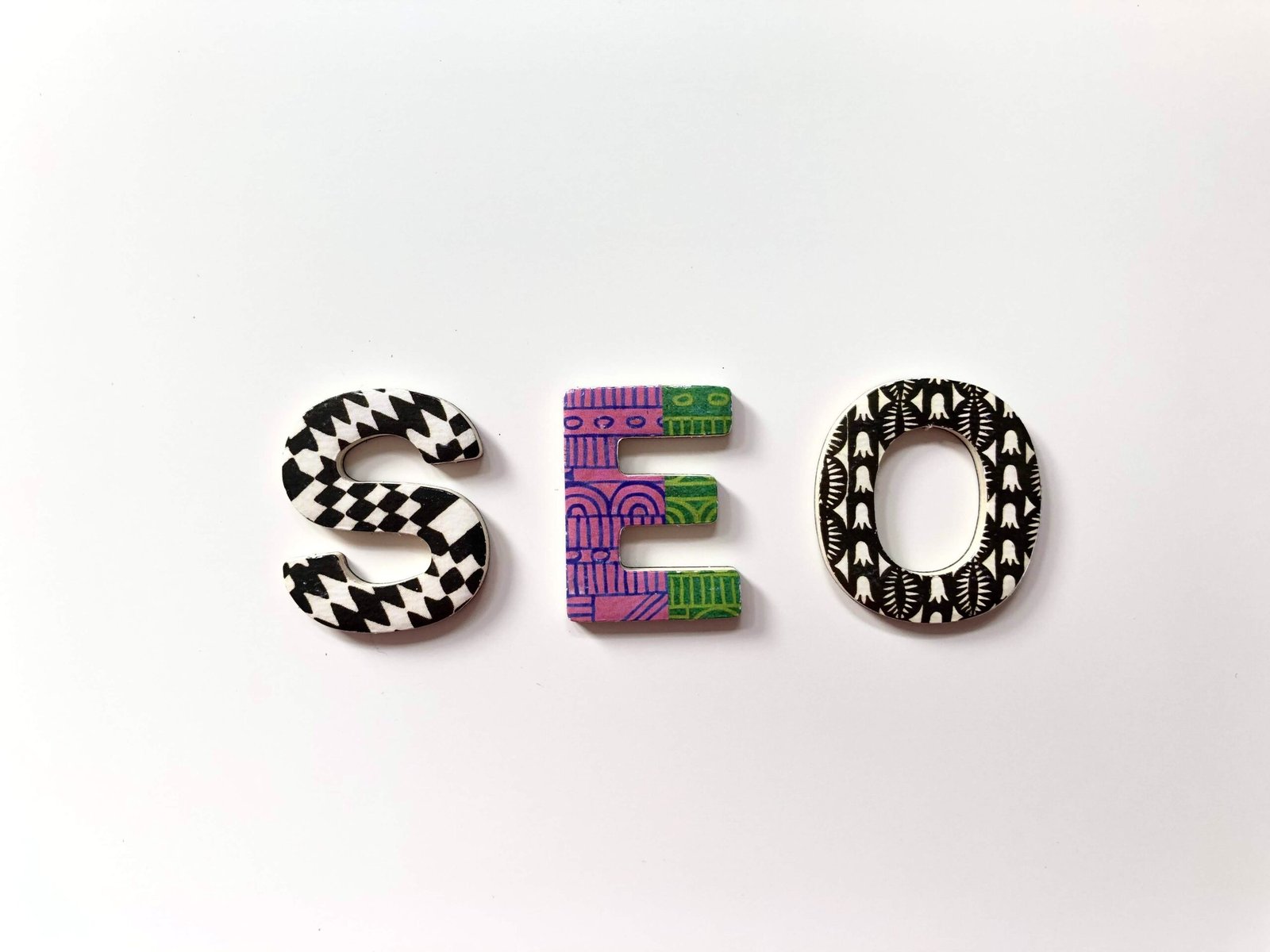Introduction
Search Engine Optimization (SEO) is an essential aspect of digital marketing. It involves optimizing your website to improve its visibility and ranking on search engine result pages (SERPs). Many businesses rely on SEO tools to simplify and streamline their optimization efforts. While these tools can be immensely helpful, they can also lead you astray if not used correctly. In this article, we will explore how SEO tools can potentially make you a fool and offer some tips to avoid falling into their traps.
The Illusion of Easy Rankings
One of the most common ways SEO tools can deceive you is by creating the illusion of easy rankings. These tools often promise quick and effortless results, making it seem like achieving a top position on SERPs is a piece of cake. However, the reality is quite different. SEO is a long-term process that requires consistent effort, quality content, and ethical practices. Relying solely on tools without understanding the underlying strategies can lead to disappointment and wasted resources.
Keyword Overload
Keywords are a fundamental aspect of SEO, and tools can assist in identifying relevant keywords for your content. However, relying solely on keyword suggestions from tools can lead to keyword overload. Overusing keywords in your content, also known as keyword stuffing, can have a negative impact on your website’s ranking. Search engines have become smarter in detecting such practices and may penalize your site as a result. It is crucial to use keywords naturally and focus on creating high-quality, engaging content that provides value to your audience.
Ignoring User Experience
SEO tools often prioritize technical aspects of optimization, such as meta tags, alt tags, and backlinks. While these elements are important, they should not overshadow the user experience. Search engines increasingly prioritize websites that provide a positive experience for users. If you solely rely on SEO tools without considering the usability and accessibility of your website, you may end up with a high-ranking site that fails to engage and convert visitors. Remember, your ultimate goal is to attract and retain users, not just appease search engine algorithms.
Blindly Trusting Metrics
SEO tools provide various metrics and analytics to measure the performance of your website. While these metrics can be useful, they should not be blindly trusted. Many SEO tools calculate metrics based on their own algorithms, which may not align with search engine algorithms. Additionally, metrics can be manipulated or influenced by external factors. It is crucial to interpret these metrics with a critical eye and use them as a guide rather than the sole determinant of your SEO strategy.
Staying Updated
SEO is an ever-evolving field, with search engine algorithms continuously changing. SEO tools may not always keep up with the latest updates and trends. Relying solely on outdated tools can hinder your optimization efforts and potentially harm your website’s ranking. It is essential to stay updated on industry news, follow reputable SEO blogs, and seek advice from professionals to ensure you are implementing the most effective strategies.
Conclusion
SEO tools can be valuable assets in your optimization journey, but they should be used with caution. Avoid falling into the traps of easy rankings, keyword overload, neglecting user experience, blindly trusting metrics, and relying on outdated tools. By understanding the limitations of SEO tools and combining them with your knowledge and expertise, you can navigate the world of SEO effectively and avoid being fooled.



